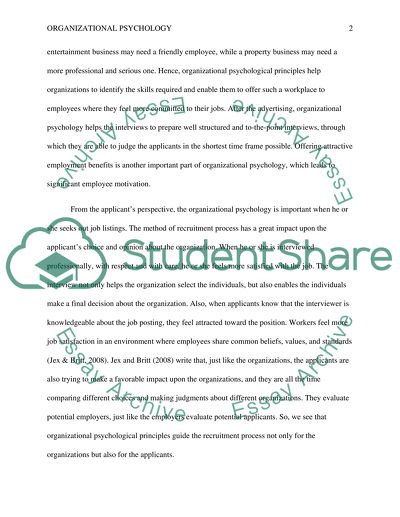Cite this document
(“Organizational Psychology Research Paper Example | Topics and Well Written Essays - 1000 words”, n.d.)
Retrieved from https://studentshare.org/psychology/1451795-organizational-psychology
Retrieved from https://studentshare.org/psychology/1451795-organizational-psychology
(Organizational Psychology Research Paper Example | Topics and Well Written Essays - 1000 Words)
https://studentshare.org/psychology/1451795-organizational-psychology.
https://studentshare.org/psychology/1451795-organizational-psychology.
“Organizational Psychology Research Paper Example | Topics and Well Written Essays - 1000 Words”, n.d. https://studentshare.org/psychology/1451795-organizational-psychology.


